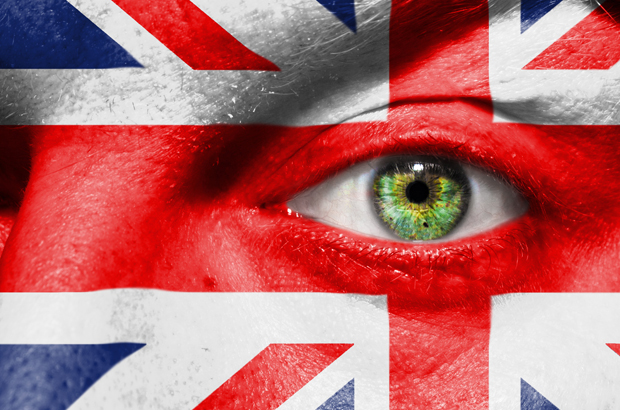Restricting press freedom in the name of national security, the Royal Charter press regulator and the UK’s lack of constitutional guarantees for freedom of expression were only some of the things criticised in a new report by the World Association of Newspapers and News Publishers (WAN-IFRA). The organisation represents over 18,000 publications and 15,000 websites in over 120 countries.
Referring to the UK’s influence internationally WAN-IFRA says: “How changes to the system of press regulation are managed in the UK will have an unparalleled impact beyond its shores.” They fear that a regulator with government involvement — such as the Royal Charter — risks being “an open invitation for abuse” of press freedom in less democratic countries. The report in many ways echoes Index on Censorship’s position on press regulation and threats to press freedom in the UK.
The report comes after concerns were expressed by UK media and press freedom organisations over the state of press freedom following the Leveson debate, and the threats and pressure faced by the Guardian over their reporting on Snowden and mass surveillance, culminating in the destruction of hard drives in the Guardian’s basement overseen by GCHQ representatives. A delegation from WAN-IFRA travelled to the UK on a fact-finding mission in January.
The report agrees that the phone hacking scandal led to a major breach in public confidence in the press, but stressed that the vast majority of British journalists “adhere to professional standards”. It warns against conflating the hacking scandal with the regulatory debate, stressing that: “British law provides appropriate remedy for illegal activity in proven cases of wrongdoing.”
The report makes several heavy criticisms of the proposed Royal Charter system. Punitive damages, enshrined in statute, for not signing up to the regulator “defies any definition of ‘voluntary’ as understood by the WAN-IFRA delegation”. The report in particular says that it was quite inappropriate to develop a system of press regulation without the involvement of the industry in the final stages of discussion, when the government’s preferred Royal Charter was drawn up. The speed of implementation, the lack of legislative scrutiny, parliamentary vote or public consultation was criticised, with the report arguing the whole process should have been more transparent. “The Royal Charter system — used as an example or transposed elsewhere to countries lacking the United Kingdom’s historic commitment to human rights — risks an open invitation for abuse in other parts of the world,” it argues.
The report further states that claims of the Royal Charter being a “hands-offs” regulator is “undermined by the readiness of the UK government to intervene against the Guardian newspaper”. The treatment the Guardian has been subject to following their mass surveillance revelations was identified as a cause for concern. Prime Minister David Cameron’s claims that the reporting harmed national security, with no evidence to back this up, “suggest an unprecedented level of political interference in the freedom of the press”. The report states that he should distance his government from conflating terrorism with journalism. However, the recent court judgement finding the detention of David Miranda (partner of Glen Greenwald) legal under the UK’s Terrorism Act suggests that any positive response to this recommendation is unlikely. The report also criticised other publisher’s perceived lack of support for the Guardian, calling it a “low point” given “the apparent need for solidarity within the media fraternity”.
“If the UK government feels it is acceptable, in the name of national security, to dictate what is in the public interest, and given the UK’s continued influence over developing nations where media are essential for the spread of democratic values, the future of a free, independent press that can hold power to account is under threat worldwide,” said WAN-IFRA CEO, Vincent Peyrègne.
The report also expresses, among other things, worries over the arrests of journalists, criminalisation of social media, mass surveillance and proposals to introduce web filters.
Recommendations include urging the UK government “to step back from any further involvement – perceived or otherwise – in the regulation issue”, to defend and support public interest journalism, and encourage investigative reporting “as an essential benefit to society”.
This article was posted on 19 March 2014 at indexoncensorship.org





